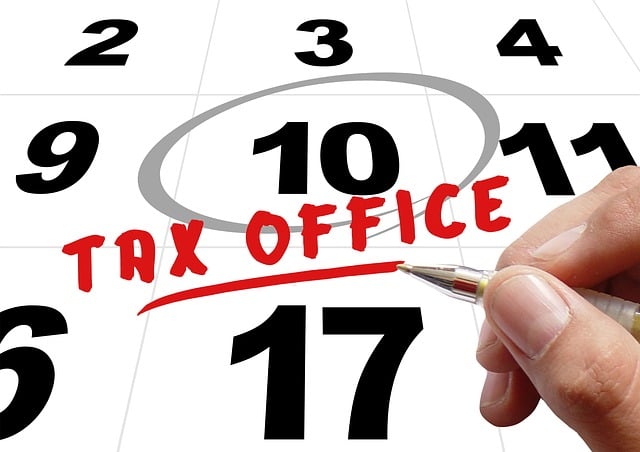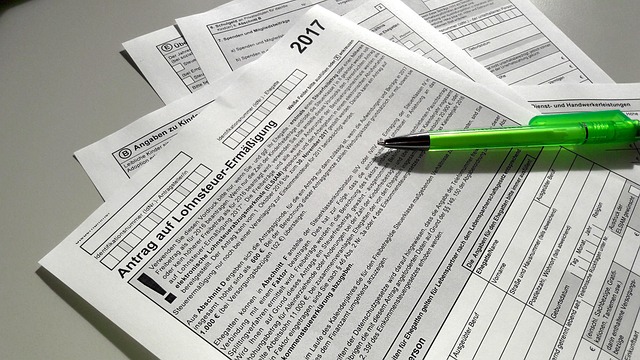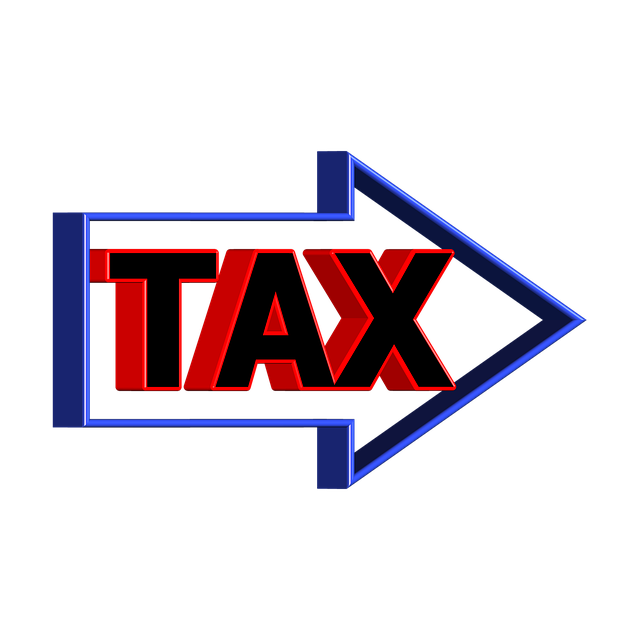In South Africa, sole proprietors must adhere to strict SARS (South African Revenue Service) tax deadlines for effective self-employment tax planning. Key dates include 31 May for personal income tax returns and variable VAT registration/return deadlines based on revenue. Timely submissions are crucial to avoid penalties including interest charges and administrative fines. Staying current with these deadlines, maintaining meticulous records, and consulting professionals are essential steps for smooth tax planning. SARS offers comprehensive guidance and resources to ensure compliance.
In South Africa, sole proprietors navigating tax obligations face unique challenges. This article demystifies the intricate world of taxes for self-employed individuals, focusing on crucial deadlines and potential penalties. We explore essential strategies for effective self-employment tax planning to help you avoid common mistakes. Key dates and available resources are highlighted, offering valuable insights tailored to South African sole proprietors seeking to master their fiscal responsibilities.
- Understanding Tax Deadlines for Sole Proprietors in South Africa
- The Impact of Late Payment: Penalties and Fines Explained
- Key Dates to Remember: Filing and Payment Deadlines
- Strategies for Effective Self-Employment Tax Planning
- Common Mistakes to Avoid When Dealing with Taxes
- Resources and Support for South African Sole Proprietors
Understanding Tax Deadlines for Sole Proprietors in South Africa

In South Africa, sole proprietors have specific tax deadlines they must adhere to, which are crucial for effective self-employment tax planning. These deadlines are set by the South African Revenue Service (SARS) and apply to both income tax and value-added tax (VAT). Understanding these timelines is essential to avoid penalties and ensure compliance with tax regulations.
Sole proprietors should be aware of key filing dates, such as the end of the tax year for personal income tax returns, typically on 31 May. Additionally, VAT registration and return submission deadlines vary based on revenue thresholds, but businesses often need to file quarterly or monthly VAT returns. Timely submissions are vital, as late payments can incur interest charges and administrative penalties from the SARS.
The Impact of Late Payment: Penalties and Fines Explained

Late payment of taxes can have significant consequences for South African sole proprietors. The South African Revenue Service (SARS) imposes penalties and fines on taxpayers who fail to meet their tax obligations by the specified deadlines. These penalties are designed to encourage timely payments and ensure fair practices in self-employment tax planning.
For instance, if a sole proprietor fails to pay their taxes within the prescribed period, they may be subject to interest charges, which can vary based on the amount owed. Additionally, there might be administrative fines or penalties for late submission of returns. Self-employed individuals are expected to stay informed about these rules and plan their finances accordingly to avoid such repercussions, ensuring a smooth tax journey in South Africa.
Key Dates to Remember: Filing and Payment Deadlines

As a self-employed individual in South Africa, staying on top of tax deadlines is crucial for effective self-employment tax planning. Key dates to remember include the filing and payment deadlines for your income tax return and VAT (Value-Added Tax), which are typically set for the end of June each year. These dates are vital as missing them can result in penalties and interest charges, adding to your overall tax burden.
It’s essential to mark these key dates on your calendar or use accounting software to ensure compliance. The South African Revenue Service (SARS) provides clear guidelines and resources for self-employed individuals, including deadlines for submitting annual tax returns and making payments. Staying informed and proactive in your self-employment tax planning will help you avoid last-minute stress and potential financial penalties.
Strategies for Effective Self-Employment Tax Planning

Staying on top of tax deadlines is crucial for South African sole proprietors to avoid penalties and ensure compliance. Effective self-employment tax planning involves a proactive approach, starting with understanding your tax obligations as a solo entrepreneur. Firstly, keep meticulous records of all income and expenses related to your business. This includes invoices, receipts, and bank statements, which will be vital when filing taxes.
Consider consulting an accountant or tax advisor who can provide tailored strategies for managing your self-employment tax planning in South Africa. They can help you navigate deductions, allowances, and potential savings opportunities, ensuring you make informed decisions to optimize your tax position.
Common Mistakes to Avoid When Dealing with Taxes

Many self-employed individuals in South Africa fall into common pitfalls when it comes to tax planning, often leading to penalties and an unnecessary financial strain. One of the main mistakes is neglecting to register for a tax number with the South African Revenue Service (SARS) on time. This can result in late filing penalties and interest charges. Staying organized is key; keeping accurate records of income and expenses, including receipts, invoices, and bank statements, will make the tax season smoother and reduce errors.
Another frequent oversight is not understanding the specific tax rules for self-employment. Different industries have varying deductions and allowances, so it’s crucial to research and seek professional advice if needed. Timely payments are equally important; failing to pay estimated taxes on time can attract significant penalties and interest, especially with self-employment income, which may fluctuate from month to month.
Resources and Support for South African Sole Proprietors

South African sole proprietors have access to various resources and support systems to help them navigate the complexities of tax planning. The South African Revenue Service (SARS) offers extensive guidance and education on self-employment taxes, ensuring that entrepreneurs understand their obligations. They provide regular updates and webinars, making it easier for business owners to stay informed about changing regulations.
Additionally, professional accounting bodies and associations in South Africa offer valuable services. These organisations often host workshops and seminars focused on tax planning for sole proprietors, helping them make the most of available deductions and credits. Many also provide access to qualified accountants who can offer personalised advice tailored to individual business needs, promoting effective self-employment tax planning in South Africa.

